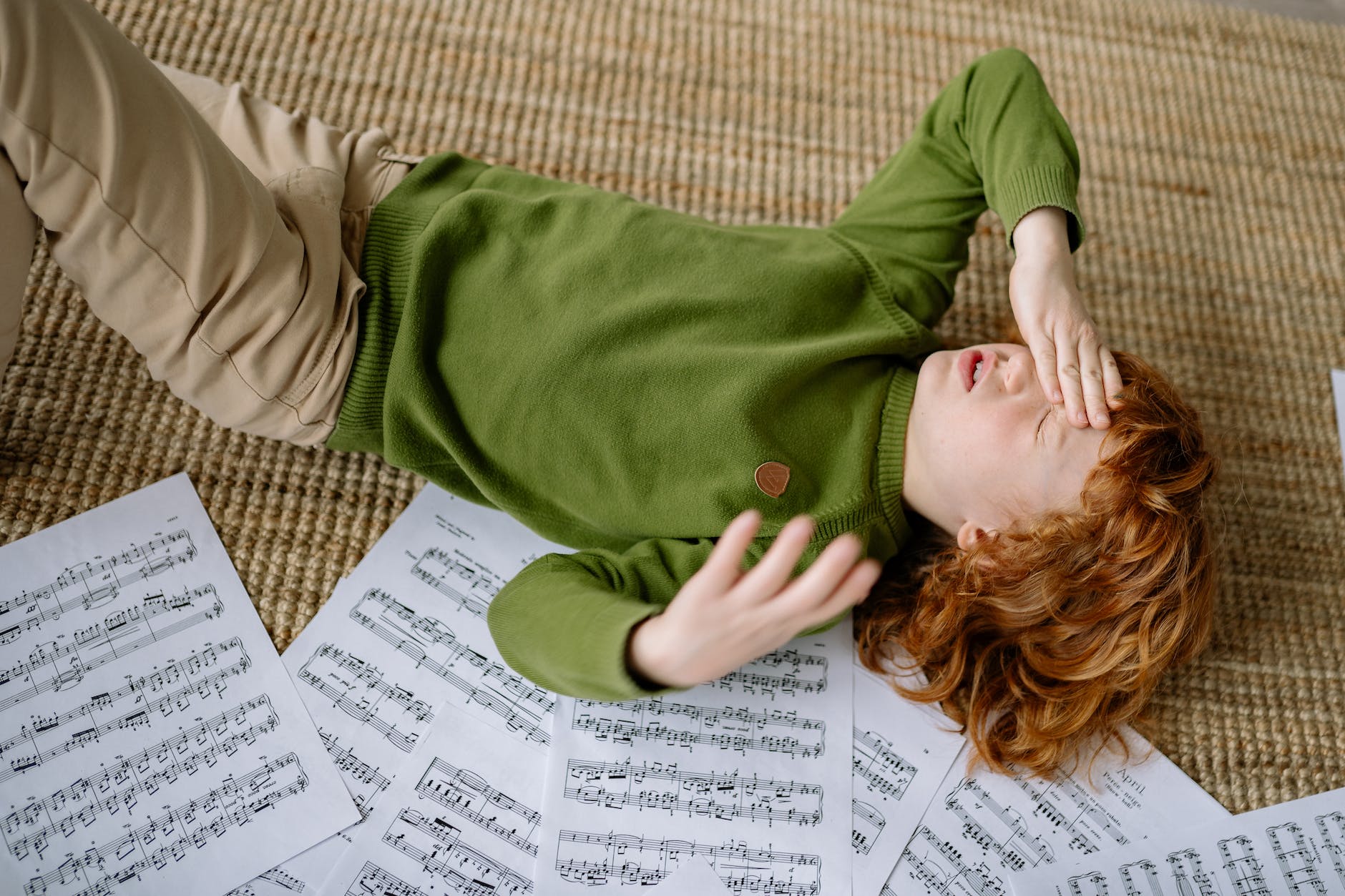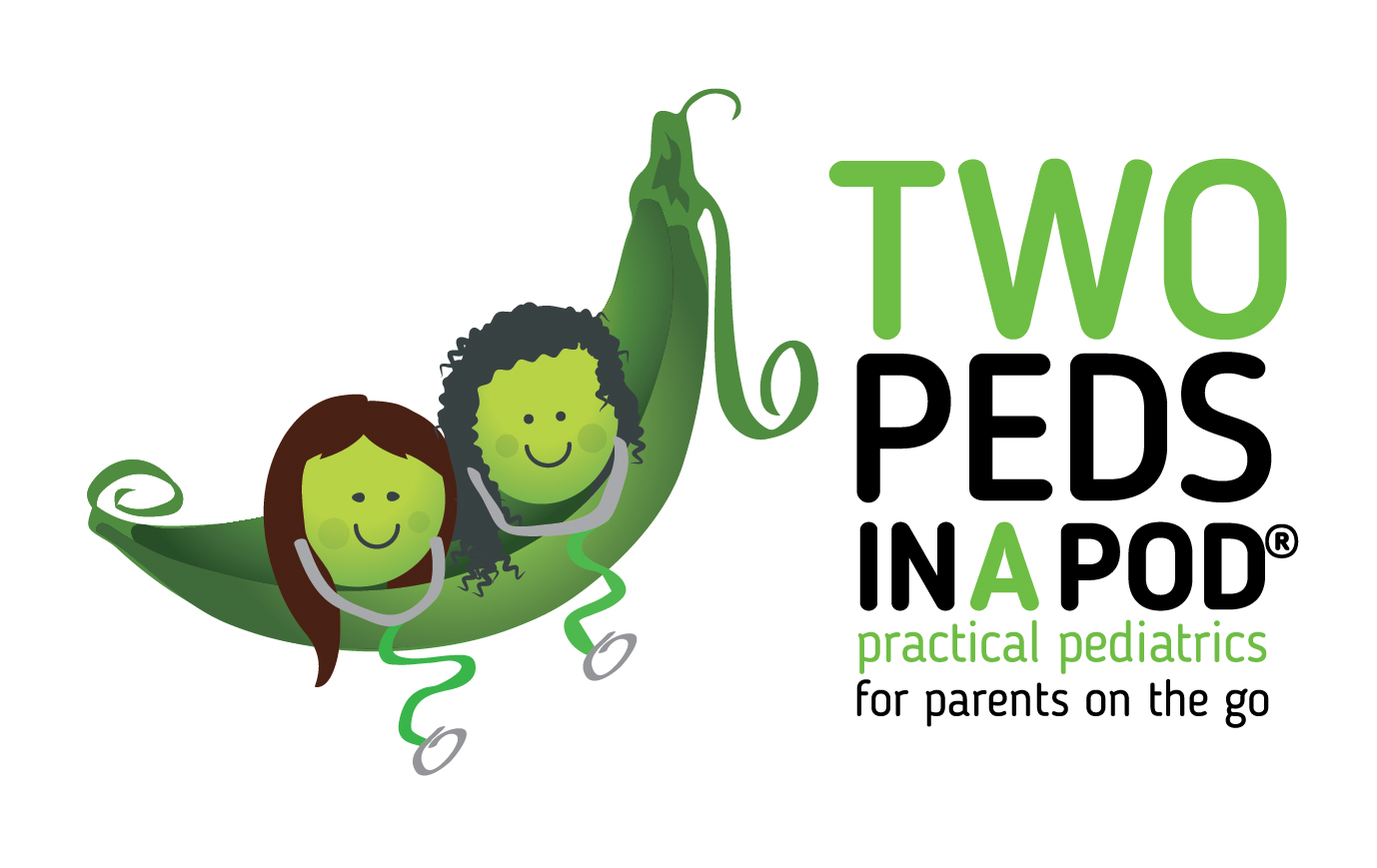
“Mom, Dad, my head hurts!”
Sound familiar? It’s probably not the first time ‘round this rodeo, but ever wonder if your child’s headache could be a sign of something more problematic? The good news is, while kids get headaches for many reasons, there are telltale signs every parent can look for at home to distinguish normal headaches from bad headaches in children.
Tension Headaches
For most kids with headaches, the odds are in their favor. The most common culprit is the tension headache—the kind we have all experienced at least once in our lifetimes. Fortunately, they are also the least scary kind of headache.
Tension headaches usually begin gradually and can last a few hours at a time. Most children will complain of a dull, achy, or even “band-like” pain squeezing both sides of their head or across their forehead. Typical triggers include stress, inadequate sleep, excessive screen time, not drinking enough water during the day, hunger or poor diet, or a need for glasses. Targeting these triggers are key to preventing these pesky headaches.
Migraines
Okay, so we know tension headaches are the most frequent, but can kids have migraines? Children can have migraines and there are key distinguishing characteristics that set these headaches apart.
Migraines usually start in school-aged children, and for girls, often get worse with their periods. In older kids these headaches are typically throbbing or pounding, as opposed to dull, and can be one-sided. They can also be associated with other symptoms like sensitivity to light and sound, nausea or vomiting, and strange changes in vision or smell preceding the start of a migraine (the “migraine aura”). Taking a nap almost always makes a migraine go away.
Family members will often have a history of migraines or frequent headaches.
Parents should also be aware of the occasional “abdominal migraine,” where migraine symptoms like those described above occur with stomach pain instead of headaches.
Head Trauma and Concussions
Did your child just hit their head? Or suffer a sports injury? As a parent, it’s normal to worry about headaches after head trauma. While most post-traumatic headaches are not a cause for alarm, parents need to know signs of serious injury such as bleeding inside the head. You can review these signs here.
Concussions are also caused by head trauma. Read more about concussions here.
Red Flags
While most headaches are not cause for alarm, there are warning signs to keep an eye out for. Sometimes, headaches are more sinister in nature—caused by tumors, brain bleeds, strokes, abnormal anatomy, or infection (like meningitis). And while these occurrences are fortunately rare in children, the earlier they are diagnosed, the better.
Headaches that interrupt your child’s sleep, happen first thing in the morning after waking, are becoming more frequent or severe, are associated with unsteadiness, weakness, visual changes, seizures, fever, funny eye movements, neck stiffness, early morning vomiting, changed mental state (too tired or too irritable to play) or are described by your child as as the “worst headache they’ve ever had” should all lead you to seek medical attention promptly. Finally, headaches in very young children under the age of five should not be taken lightly.
A Word on Mental Health
While headaches happen for several reasons, depression and anxiety are commonly overlooked offenders. If you are noticing other signs like sadness, worry, poor appetite, weight change, or less interest in prior activities, talk to your pediatrician about further evaluation.
Still not sure what’s causing your child’s headache?
It’s okay! Headaches are complicated, and keeping track of your child’s symptoms can be hard. Maintaining a headache diary to track headache features can help both you and your pediatrician figure out the next best steps for your child.
Nitya Rajeshuni, MD MS
©2023 Two Peds in a Pod®
Guest blogger Dr. Nitya Rajeshuni completed her pediatric residency at the Children’s Hospital of Philadelphia. She attended medical school at Stanford University, and is a contributing writer to ABC News and the health humanities journal Synapsis.



